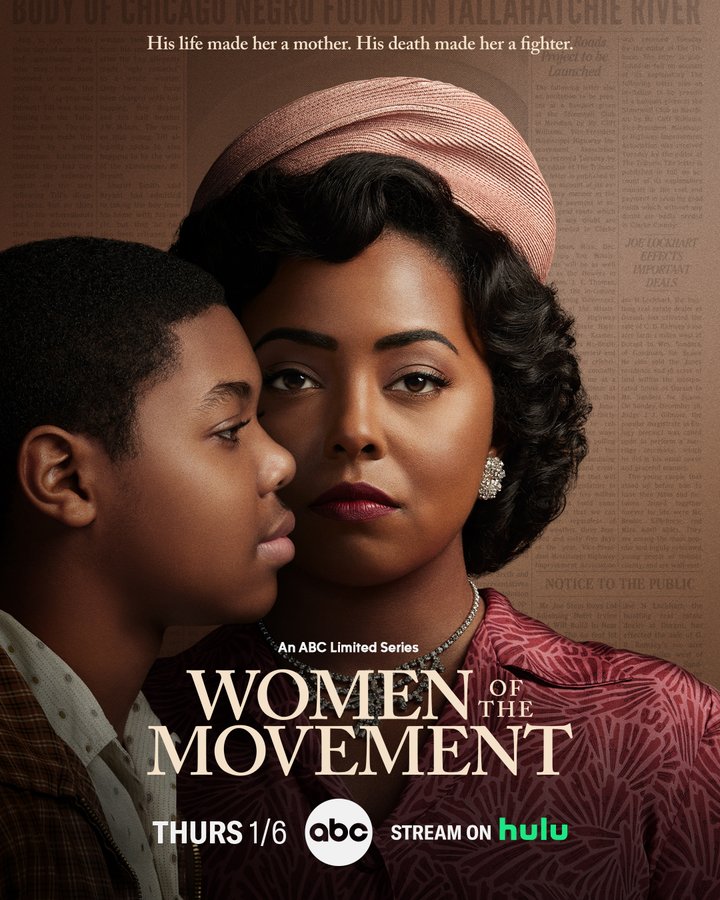The Till has been with grief since the opening scene. Jalyn Hall and Mamie Till-Mobley, Emmett Till’s mother, are in the front seat of an automobile. Emmett is 14 years old (Danielle Deadwyler).
An exuberant 50s song plays on the radio. The camera circles the joyful couple and Mamie, the subject of filmmaker Chinonye Chukwu’s frequent camera rotations.
They laugh along, but soon the music turns sour and becomes distorted. as if in a horror film, its sound is warped by impending melancholy. It’s 1955, a few weeks before two white men in Mississippi kill Emmett, and this memory will be among the last.
Until it can’t completely alleviate the concerns surrounding its idea, a name-dropping appearance by Medgar Evers (Tosin Cole) tells Mamie to call me Medgar. And pre-credit slides outlining Evers’s assassination and legacy. The passage of the Emmett Till Anti-lynching Act in 2022 is just a few examples.
Same Plot as the Series Women of the Movement
The ABC anthology series Women of the Movement’s first season debuted this spring. And is similarly centered on Mamie Till’s journey as a civil rights fighter and had many of the same plot beats as the movie.
The Till is a more substantial work because it is more assured, more concentrated, uses evocative aesthetic choices, and has a more upscale appearance. Despite many potential difficulties, Deadwyler gives an excellent performance that never verges on melodrama.
Some Scenes Hit Till
Till thus hits the expected notes: ponderous music, scenes depicting the encroachment of fame, a final triumphant moment of transformation. And a few sets each to texture relationships with mother Alma (Whoopi Goldberg) and steadfast partner Gene (Sean Patrick Thomas).
Both of whom receive little characterization beyond Mamie’s support. The depiction of textbook details in the film is another option. Mamie tells Emmett that there are different regulations for enslaved people down there.
Mamie’s Son Death Made Till Successful
The Till is most successful and instructive in showing how Mamie’s only son’s death made him a public figure. She is making her grief a symbol of the country. We can hear the sound of cameras clicking as she sobs over her son’s coffin in a scene.
That changes from a single funeral attendee to a crowd. Deadwyler frequently depicts by Chukwu and cinematographer Bobby Bukowski in windows and mirrors. Her image is repeated, fragmented, and reflected.
But for all its seeming care, Till can’t get rid of the why and for whom issues. It is the most admirable portrayal of a tragic historical event that a biopic could handle—neither confirming the doubts of critics nor providing sufficient justification to revisit it.
Follow us for more updates!
